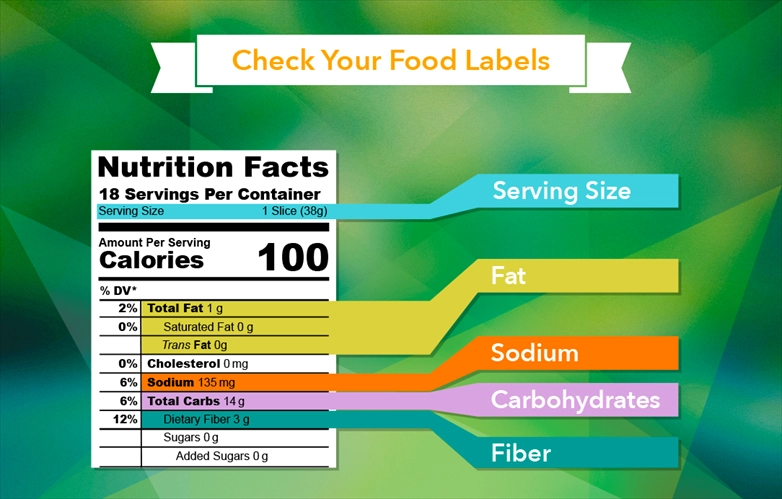The Role of Stress in Weight Gain

Chronic stress can contribute to weight gain by increasing cortisol levels and promoting unhealthy eating habits.
In the relentless rhythm of modern life, chronic stress has emerged as a ubiquitous companion, influencing not only our mental well-being but also our physical health and weight management. The intricate interplay between chronic stress and weight gain involves a myriad of physiological, behavioral, and psychological factors, each contributing to the complex relationship between stress and metabolic health. In this detailed exploration, we embark on a comprehensive journey to unravel the multifaceted mechanisms underlying the stress-weight connection, shedding light on the nuanced pathways through which stress influences weight regulation and offering in-depth strategies for mitigating its impact.
Physiological Mechanisms
Hormonal Dysregulation: Chronic stress triggers the activation of the hypothalamic-pituitary-adrenal (HPA) axis, leading to the release of stress hormones such as cortisol and adrenaline. Prolonged exposure to elevated cortisol levels can disrupt appetite regulation, promote fat accumulation, particularly in visceral adipose tissue, and contribute to insulin resistance and metabolic dysfunction.
Inflammatory Response: Chronic stress induces a state of low-grade inflammation characterized by elevated levels of pro-inflammatory cytokines and other immune mediators. Inflammatory signaling pathways can interfere with insulin signaling, promote adipose tissue dysfunction, and contribute to metabolic disturbances associated with obesity and weight gain.
Gut Microbiota Dysbiosis: Chronic stress can alter the composition and diversity of the gut microbiota, leading to dysbiosis and impairments in gut barrier function. Dysregulated gut microbiota have been linked to metabolic dysfunction, inflammation, and weight gain, highlighting the intricate relationship between stress, gut health, and metabolic homeostasis.
Behavioral Mechanisms
Emotional Eating and Cravings: Chronic stress can trigger emotional eating behaviors, leading individuals to seek comfort and solace in food as a coping mechanism for stress and negative emotions. Stress-induced cravings for highly palatable, calorie-dense foods can override feelings of fullness and lead to overconsumption, contributing to weight gain and poor metabolic health.
Sedentary Behavior: In response to chronic stress, individuals may adopt sedentary behaviors such as prolonged sitting or reduced physical activity, further exacerbating weight gain and metabolic dysfunction. Physical activity has been shown to mitigate the effects of stress on the body, promoting stress resilience, improving mood, and supporting healthy weight management.
Disrupted Sleep Patterns: Chronic stress can disrupt sleep quality and duration, leading to alterations in circadian rhythms and hormonal balance. Poor sleep habits can disrupt appetite-regulating hormones such as leptin and ghrelin, increasing hunger and appetite, and promoting weight gain. Additionally, sleep deprivation can impair glucose metabolism and insulin sensitivity, further exacerbating metabolic dysfunction and weight gain.
Psychological Mechanisms
Perceived Stress and Coping Strategies: The perception of stress and individual coping strategies play a crucial role in determining the impact of stress on weight regulation. High levels of perceived stress, coupled with maladaptive coping mechanisms such as emotional eating or avoidance behaviors, can contribute to weight gain and hinder efforts to adopt healthy lifestyle habits.
Psychological Distress and Mood Disorders: Chronic stress is associated with an increased risk of mood disorders such as depression and anxiety, which can further exacerbate weight gain through alterations in appetite, motivation, and self-regulatory behaviors. Addressing underlying psychological distress and implementing strategies to improve mental well-being are essential components of a comprehensive approach to stress management and weight control.
Strategies for Managing Chronic Stress and Preventing Weight Gain
Stress Reduction Techniques: Incorporate stress-reduction techniques such as mindfulness meditation, deep breathing exercises, progressive muscle relaxation, or yoga into your daily routine to promote relaxation, reduce cortisol levels, and alleviate the physiological effects of stress on the body.
Regular Physical Activity: Engage in regular physical activity to combat the negative effects of stress on metabolism and weight management. Aim for a combination of aerobic exercise, strength training, and flexibility exercises to promote stress resilience, improve mood, and support healthy weight management.
Healthy Coping Mechanisms: Cultivate healthy coping mechanisms for managing stress, such as engaging in hobbies, spending time in nature, socializing with loved ones, or seeking support from a therapist or counselor. Find activities that bring joy and fulfillment and provide a positive outlet for stress relief.
Balanced Nutrition: Maintain a balanced and nutritious diet rich in whole, minimally processed foods, including fruits, vegetables, lean proteins, whole grains, and healthy fats. Focus on mindful eating and listening to your body's hunger and fullness cues, rather than using food as a coping mechanism for stress.
Prioritize Sleep Hygiene: Establish a regular sleep schedule and prioritize quality sleep by creating a conducive sleep environment, practicing relaxation techniques before bedtime, and avoiding caffeine, screen time, and stimulating activities close to bedtime.
Chronic stress exerts a profound influence on our bodies and minds, contributing to weight gain, metabolic dysfunction, and poor overall health. By understanding the intricate interplay of physiological, behavioral, and psychological factors underlying the stress-weight connection, we can adopt holistic strategies to mitigate the impact of stress on our lives and promote resilience in the face of adversity. Prioritize self-care, stress management, and healthy coping mechanisms to safeguard your health and well-being, while fostering a balanced and fulfilling lifestyle that supports long-term weight management and overall vitality.






